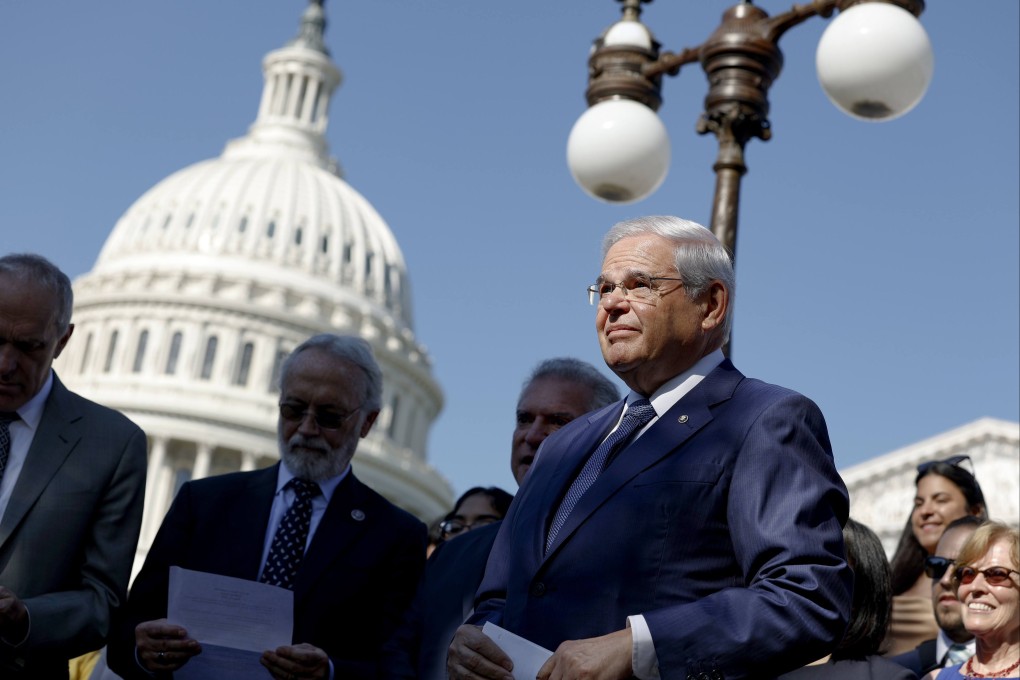Advertisement
Letters | No use denying that America’s Taiwan bill is an act of provocation
- The US denies changing its policy on Taiwan and one China, says it wants no war with China, only to deter aggression with the bill. But its approach is clearly confrontational
Reading Time:2 minutes
Why you can trust SCMP
10

Feel strongly about this letter, or any other aspects of the news? Share your views by emailing us your Letter to the Editor at [email protected] or filling in this Google form. Submissions should not exceed 400 words, and must include your full name and address, plus a phone number for verification.
The Taiwan Policy Act, described by its sponsors as “the most comprehensive restructuring of US policy towards Taiwan since the Taiwan Relations Act of 1979”, cleared the US Senate Foreign Relations Committee in a 17-5 bipartisan vote last Wednesday, taking it one step closer to becoming US law.
China’s foreign ministry has lodged “stern representations” with the US in response.
Advertisement
Under the Taiwan Policy Act, the US federal government will engage with the democratic government of Taiwan as the legitimate representative of the Taiwanese people, and there will be no limits on official interactions with counterparts in the Taiwanese government. The United States is clearly stepping further away from its approach of “strategic ambiguity” to Taiwan affairs, though it denies doing so, and there are concerns it may turn its back on its one-China policy down the road.
Taiwan has always been seen as part of the democratic camp by the US and its allies, and stability in the Taiwan Strait is a core interest of the US-led international order. However, the one-China principle and Taiwan are also immensely important to China, seen by Beijing as of core national interest and often emphasised by its foreign ministry spokesmen.
Advertisement
If the Taiwan Policy Act becomes law, it could end the long years of peace that has followed the second world war. China is unlikely to just sit around in the face of such political provocation.
Advertisement
Select Voice
Choose your listening speed
Get through articles 2x faster
1.25x
250 WPM
Slow
Average
Fast
1.25x